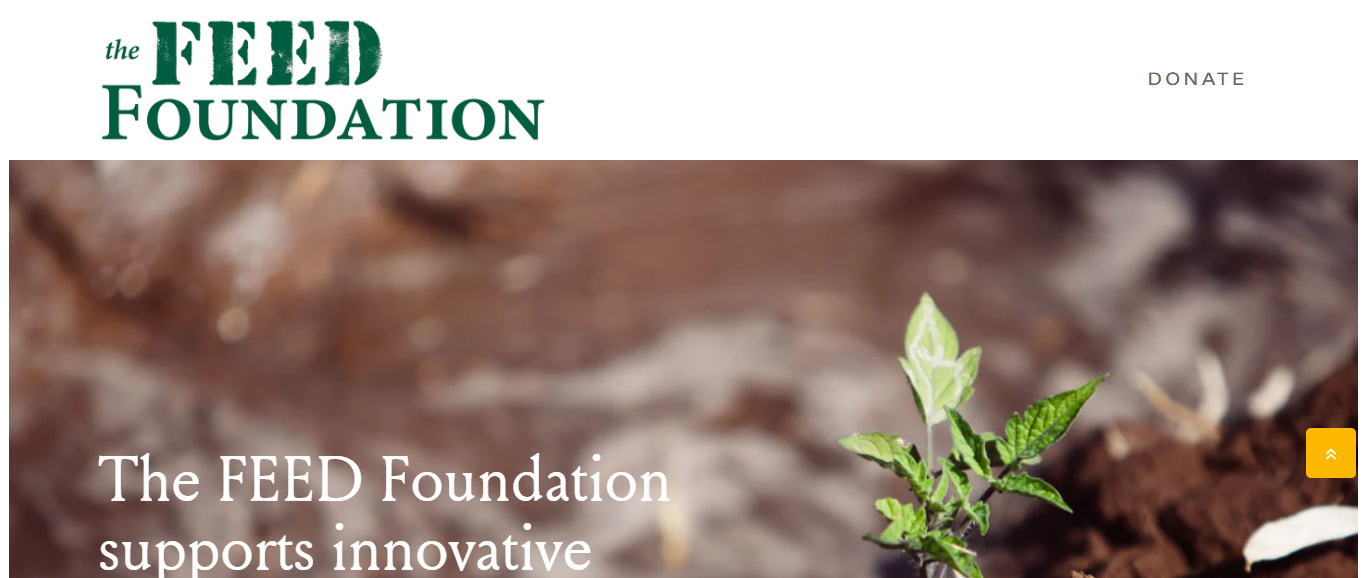Have you heard about Feed Foundation and want to find out if it is a scam? Is The Feed Foundation A trustworthy Charity or a scam? This review throws more light on this so called Charity that claims to combat food hunger.
What is The Feed Foundation?

Feed Foundation is a foundation that claims to fight fight global hunger. They also claim to fund programs that build a sustainable and equitable food system for all. The Feed Foundation was founded by Lauren Bush Lauren in 2008. Lauren a former model and the niece of the Former US President founded the FEED Foundation in 2008 to expand the philanthropic efforts of her lifestyle brand — FEED Projects — which focuses on solving childhood hunger through sales of consumer goods.
Is Feed Foundation A Scam
This is the number one question and the lips and fingers of Americans. With so many Americans wanting to know more about the foundation, we would be casting a microscope on the Feed Foundation so as to ascertain if it is a shady Charity.
Red Flags About The Feed Foundation
Inasmuch as everything about the charity Organization looks genuine, there are however several red flags surrounding this charity and these include;
It Has A Suspicious Phone Number
The Feed Foundation phone number is a suspicious one. It is registered to a Chinese name in Seattle, Washington. This is suspicious considering the fact that it is a charity organization founded by an American.
There Is No Contact Information On Their Website
Another red flag is the absence of a contact information on the Feed Foundation Website. Fishy right?
Rescinding Programs
The Feed Foundation always fail to carry out programs as stated. So many angry donors have taken to social media to call the out for not doing that which they donated for, which is Helping the Needy. This is a major Red Flag.
No Accountability And Transparency
It is expected that every Legitimate organization gives account on how funds are used and also being transparent. But reverse is the case for The Feed Foundation.
Tips To Protect Yourself From Charity Scams Like Feed Foundation
Protecting yourself from charity scams involves being cautious and doing your research before donating. Here are some tips to help you avoid falling victim to charity scams:
- Research the Charity: Before donating, research the charity to ensure it is legitimate. Look for information about its mission, programs, and financial transparency on its official website or reputable charity evaluation sites like Charity Navigator, GuideStar, or the Better Business Bureau’s Wise Giving Alliance.
- Verify Contact Information: Be cautious of charities that use high-pressure tactics or refuse to provide detailed information about their organization. Verify the charity’s contact information and independently confirm its legitimacy before making a donation.
- Be Wary of Unsolicited Requests: Be cautious of unsolicited emails, phone calls, or text messages requesting donations, especially if the charity is unfamiliar to you. Legitimate charities typically do not use aggressive tactics to solicit donations.
- Check for Red Flags: Watch out for red flags such as charities that are unable to provide proof of their tax-exempt status, lack a clear mission or program details, or have a name similar to well-known organizations.
- Donate Securely: When donating online, make sure the website is secure (look for “https” in the URL and a padlock icon) and that your personal information is being handled securely. Avoid making donations through unfamiliar or unsecured websites.
- Be Cautious with Cash Donations: Be cautious when donating cash, as it is difficult to track and verify. Whenever possible, use a credit card or check for donations, as they provide a paper trail and offer some level of protection against fraud.
- Ask for Documentation: Request written documentation, such as a receipt or confirmation letter, for your donation. This documentation should include the charity’s name, contact information, and the amount of your donation for tax purposes.
- Trust Your Instincts: If something feels off or too good to be true, trust your instincts and consider seeking additional information or walking away from the donation.
By staying informed and exercising caution, you can protect yourself from charity scams and ensure that your donations are going to legitimate and deserving organizations.
Remember that while social media can be a powerful tool for raising awareness and supporting charitable causes, it’s also a space where scammers operate. Staying vigilant and doing your due diligence can help you avoid falling victim to charity scams on social media.
Is Feed Foundation.com scam or legit?
The Feed Foundation has every potentialities of a scam even though the Founder Lauren must have had a great plans and intentions when she started but at some point it derailed just like Votefab and other Charity organizations.
Conclusion
If you suspect you’ve encountered a charity scam, report it to your local law enforcement and the Federal Trade Commission (FTC) in the United States. It’s essential to protect your generosity and ensure your donations go to genuine causes.

